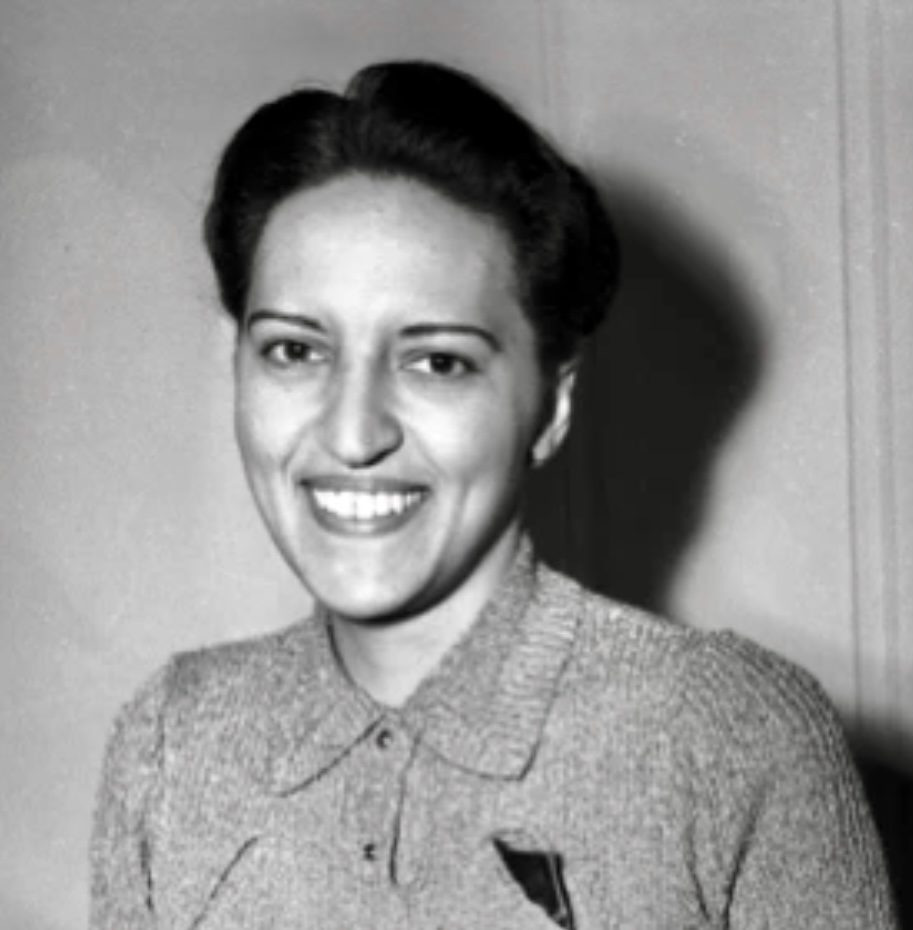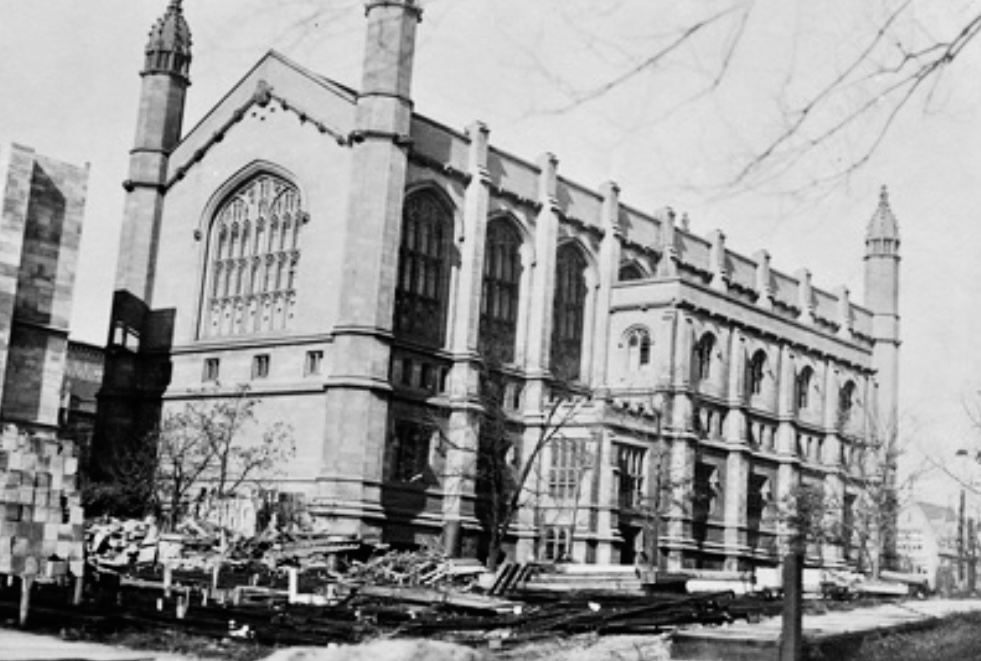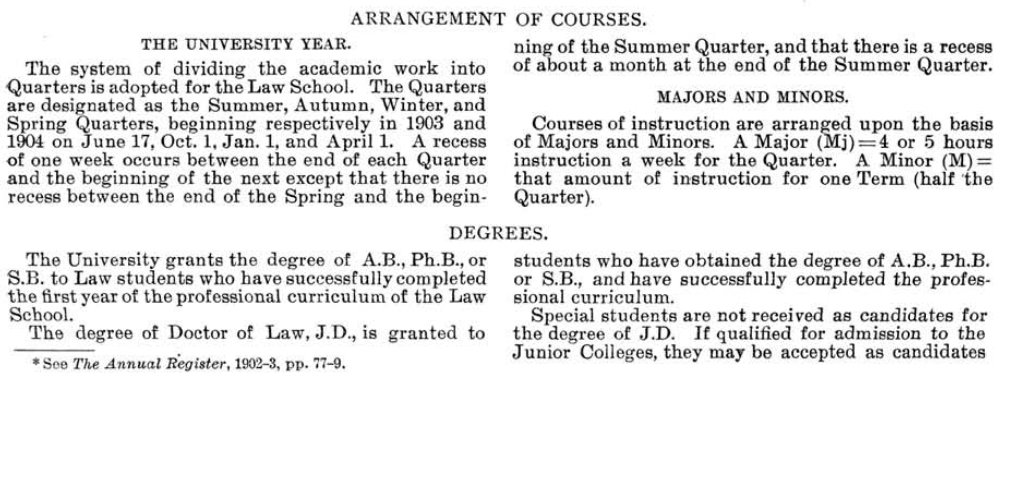Oh, we have a special story today – this one is about Jane Bolin, an extraordinary person who was the very first black woman to become a Judge in U.S. history.
A ⚖️🧵 all about Judge Bolin and her amazing life is coming your way in 3 . . . 2 . . . 1 . . .
A ⚖️🧵 all about Judge Bolin and her amazing life is coming your way in 3 . . . 2 . . . 1 . . .

Jane Matilda Bolin was born in April 1908 in Poughkeepsie, NY, to parents who were pathbreakers in their own right.
Her father was the first black graduate of @WilliamsCollege and was a lawyer – also serving as the President of the Dutchess County Bar Association. ⚖️
Her father was the first black graduate of @WilliamsCollege and was a lawyer – also serving as the President of the Dutchess County Bar Association. ⚖️

Jane later said a key moment of her childhood was reading the NAACP's The Crisis & seeing photos of lynchings:
"It is easy to imagine how a young, protected child who sees portrayals of brutality . . . becomes determined to contribute in her own small way to social justice."
"It is easy to imagine how a young, protected child who sees portrayals of brutality . . . becomes determined to contribute in her own small way to social justice."
For college, Jane could not attend nearby Vassar - they would not enroll black women.
So she went to @Wellesley instead. Jane graduated in 1928 and was named a Wellesley Scholar - an honor reserved for the *top 20 students in the entire class.* 🏅
So she went to @Wellesley instead. Jane graduated in 1928 and was named a Wellesley Scholar - an honor reserved for the *top 20 students in the entire class.* 🏅

When Jane expressed an interest in law, a college guidance counselor told her that a black woman would have little chance at success.
But Jane persisted and enrolled at @YaleLawSch. She was 1 of only 3 women and was the only black student.
And not everyone was welcoming . . .
But Jane persisted and enrolled at @YaleLawSch. She was 1 of only 3 women and was the only black student.
And not everyone was welcoming . . .

Jane said that a few Southerners at the law school had taken pleasure in letting the swinging classroom doors hit her in the face!
One of those Southerners later became active in the American Bar Association & invited her to speak before his bar group in Texas.
Jane declined.🔥
One of those Southerners later became active in the American Bar Association & invited her to speak before his bar group in Texas.
Jane declined.🔥
Jane graduated from YLS in 1931🎓- becoming the very 1st black woman to receive a law degree from the institution!
But finding a job proved difficult. "I was rejected on account of being a woman, but I'm sure that race also played a part" she said. So Jane started her own firm!
But finding a job proved difficult. "I was rejected on account of being a woman, but I'm sure that race also played a part" she said. So Jane started her own firm!
After a few years, she applied for a job in the New York City 🍎 Corporation Counsel’s Office.
According to the @nytimes, an assistant there was dismissive of Jane, but then the counsel, Paul Windell, walked in and hired her on the spot!
According to the @nytimes, an assistant there was dismissive of Jane, but then the counsel, Paul Windell, walked in and hired her on the spot!

Then something truly extraordinary happened . . .
In July of 1939, Jane was told that Mayor La Guardia wanted to see her at the New York City building at the World’s Fair. 🌐
"I was very apprehensive," Jane later said, worried that she was in trouble, though unsure why . . .
In July of 1939, Jane was told that Mayor La Guardia wanted to see her at the New York City building at the World’s Fair. 🌐
"I was very apprehensive," Jane later said, worried that she was in trouble, though unsure why . . .
So Jane went to the Fair. When the Mayor arrived, he said "I'm going to make you a judge. Raise your right hand."
"I was in a state of shock," Jane said. "I did what he told me. I raised my right hand."
With that, Jane Bolin became the 1st black woman judge in the country!
"I was in a state of shock," Jane said. "I did what he told me. I raised my right hand."
With that, Jane Bolin became the 1st black woman judge in the country!

Jane was assigned to the Domestic Relations Court.
In an interview the next day, she said she hoped to show "a broad sympathy for human suffering," noting, "I'll see enough of it."
(She was famous for not wearing robes, to make the children in her courtroom more comfortable.)
In an interview the next day, she said she hoped to show "a broad sympathy for human suffering," noting, "I'll see enough of it."
(She was famous for not wearing robes, to make the children in her courtroom more comfortable.)

Jane served for 40 years. In addition to all of the lives she touched directly as a Judge, she was an inspiration for many others.
Judge Constance Baker Motley (who will soon have her own 🧵) said, "When I . . . met [Jane], I then knew how a lady judge should comport herself."
Judge Constance Baker Motley (who will soon have her own 🧵) said, "When I . . . met [Jane], I then knew how a lady judge should comport herself."

On the topic of women's rights, Jane said earlier in her career, "We have to fight every inch of the way."
Here is to someone who gained so much ground for so many – and here is to the idea that many more will know of her and be inspired in the future!
(fin)
@LadyLawyerDiary
Here is to someone who gained so much ground for so many – and here is to the idea that many more will know of her and be inspired in the future!
(fin)
@LadyLawyerDiary

(With thanks to @nytimes - many of the wonderful stories above come from various articles about Judge Bolin over the years. All That's Interesting also collected several stunning photos of the Judge. 🙏)
• • •
Missing some Tweet in this thread? You can try to
force a refresh
























